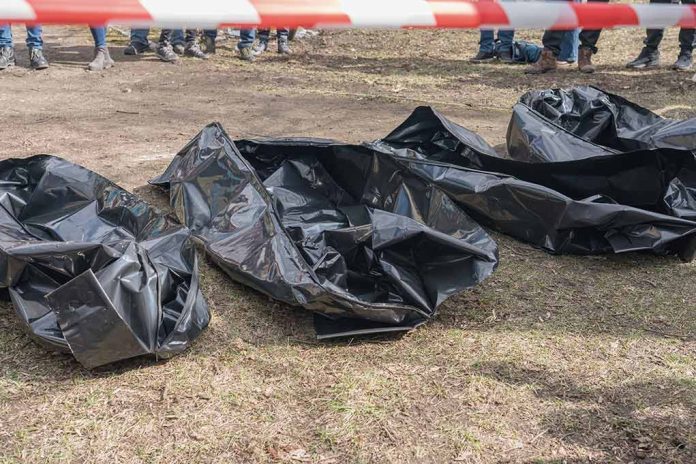
A second wave of device explosions in Lebanon has been reported, killing nine and injuring hundreds more as tensions escalate in the region.
At a Glance
- A new wave of explosions in Lebanon killed 9 people and injured at least 300 more.
- The explosions involved walkie-talkies and pagers, causing fires across the country.
- U.S. officials and Lebanese authorities blame Israel for the attacks on Hezbollah.
- Israel has not publicly taken responsibility for the attacks.
- The United Nations Security Council will hold an emergency meeting to discuss the attacks.
Second Wave of Explosions Rocks Lebanon
Lebanon was struck by a second wave of device explosions, resulting in nine fatalities and at least 300 injuries. The attacks, which involved walkie-talkies and pagers, ignited fires across the country, damaging homes, cars, and shops. In response to the crisis, the Lebanese Red Cross deployed 30 ambulances to assist the victims. This latest incident follows a previous day’s attack where exploding pagers belonging to Hezbollah members killed at least 12 people and injured nearly 3,000.
U.S. officials and Lebanese authorities have pointed fingers at Israel for orchestrating these attacks on Hezbollah. However, Israel has not publicly claimed responsibility for the incidents. The explosions have not only caused significant civilian casualties but have also embarrassed Hezbollah and disrupted its operations.
International Response and Escalating Tensions
The United Nations Security Council has announced plans to hold an emergency meeting to address the attacks, underscoring the gravity of the situation. The U.N. special coordinator for Lebanon condemned the attack, describing it as a concerning escalation in an already volatile context.
“We hold the Israeli enemy fully responsible for this criminal aggression that also targeted civilians,” Hezbollah said, adding that Israel will “for sure get its just punishment.”
Israel’s response to the situation has been notable. Israeli Defense Minister Yoav Gallant indicated a shift in focus to the northern arena in the ongoing conflict. Meanwhile, Israeli Prime Minister Benjamin Netanyahu’s office updated war objectives to include the safe return of northern residents, many of whom have been displaced due to the conflict.
Tactical Sophistication and Civilian Impact
The attacks demonstrate a high level of tactical sophistication. Experts suggest the operation was long-planned, possibly involving rigging the devices with explosives before delivery. The explosions happened around 3:30 p.m. local time, affecting areas with a strong Hezbollah presence. Among the wounded was Iran’s ambassador to Lebanon.
The civilian toll has been significant, with Lebanon’s Public Health Minister reporting that children were among the casualties. Thousands of civilians in southern Lebanon and northern Israel have been displaced due to the ongoing conflict, adding to the humanitarian crisis in the region.
As tensions continue to escalate, the international community watches closely, hoping for a resolution to this complex and dangerous situation. The attacks have not only caused immediate harm but have also raised concerns about the potential for wider regional conflict.
Sources:
- A wave of deadly walkie-talkie explosions sweeps Lebanon day after widespread pager attack
- Hezbollah is hit by a wave of exploding pagers that killed at least 9 people and injured thousands
- Live Updates: More Wireless Devices Explode in Lebanon
- Exploding pagers belonging to Hezbollah kill at least 9 and injure more than 2,750 in Lebanon
- Israel Planted Explosives in Pagers Sold to Hezbollah, Officials Say
- Hezbollah blames Israel after pager explosions kill nine and injure thousands in Lebanon
- Live updates: Walkie-talkie explosions rock Lebanon a day after pager attacks
- The Mystery of Hezbollah’s Deadly Exploding Pagers
- Hundreds of Hezbollah pagers explode across Lebanon in unprecedented attack







